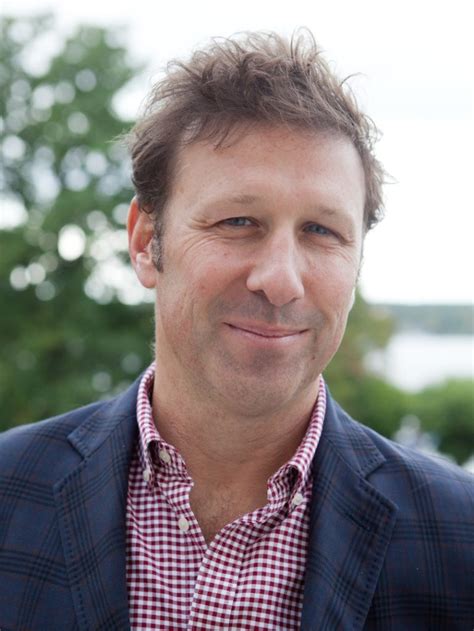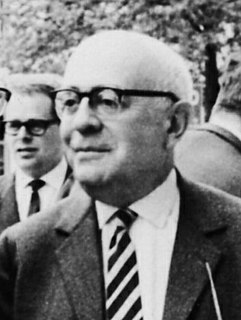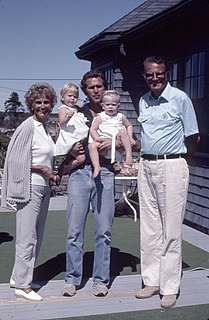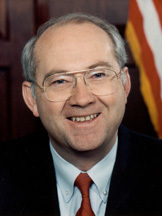A Quote by Simone de Beauvoir
Anyway I know only too well that all life is nothing but a brief reprieve from death.
Related Quotes
It has always seemed to me that the only painless death must be that which takes the intelligence by violent surprise and from the rear so to speak since if death be anything at all beyond a brief and peculiar emotional state of the bereaved it must be a brief and likewise peculiar state of the subject as well and if aught can be more painful to any intelligence above that of a child or an idiot than a slow and gradual confronting with that which over a long period of bewilderment and dread it has been taught to regard as an irrevocable and unplumbable finality, I do not know it.
We are left with nothing but death, the irreducible fact of our own mortality. Death after a long illness we can accept with resignation. Even accidental death we can ascribe to fate. But for a man to die of no apparent cause, for a man to die simply because he is a man, brings us so close to the invisible boundary between life and death that we no longer know which side we are on. Life becomes death, and it is as if this death has owned this life all along. Death without warning. Which is to say: life stops. And it can stop at any moment.
I love Death because he breaks the human pattern and frees us from pleasures too prolonged as well as from the pains of this world. It is pleasant, too, to remember that Death lies in our hands; he must come if we call him. ... I think if there were no death, life would be more than flesh and blood could bear.
There would be no chance at all of getting to know death if it happened only once. But fortunately, life is nothing but a continuing dance of birth and death, a dance of change. Every time I hear the rush of a mountain stream, or the waves crashing on the shore, or my own heartbeat, I hear the sound of impermanence. These changes, these small deaths, are our living links with death. They are death's pulses, death's heartbeat, prompting us to let go of all the things we cling to.
I yearn for the darkness. I pray for death. Real death. If I thought that in death I would meet the people I've known in life I don't know what I'd do. That would be the ultimate horror. The ultimate despair. If I had to meet my mother again and start all of that all over, only this time without the prospect of death to look forward to? Well. That would be the final nightmare. Kafka on wheels.
Without a doubt, one of the things which keeps us from attaining perfection is our tongue. When one has reached the point of no longer committing faults in speech, he has surely reached perfection, as was said by the Holy Spirit. The worst defect in talking is talking too much. Hence, in speech be brief and virtuous, brief and gentle, brief and simple, brief and charitable, brief and amiable.
Laughter. Yes, laughter is the Zen attitude towards death and towards life too, because life and death are not separate. Whatsoever is your attitude towards life will be your attitude towards death, because death comes as the ultimate flowering of life. Life exists for death. Life exists through death. Without death there will be no life at all. Death is not the end but the culmination, the crescendo. Death is not the enemy it is the friend. It makes life possible.
Death is the door from the superficial life, the so-called life, the trivial. There is a door. If you pass through the door you reach another life - deeper, eternal, without death, deathless. So from so-called life, which is really nothing but dying, one has to pass through the door of death; only then does one achieve a life that is really existential and active - without death in it.




































